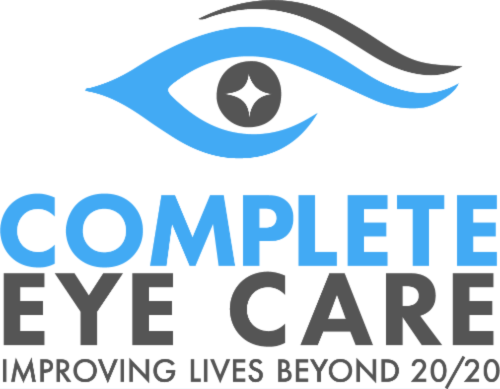Astigmatism is a vision problem common in both children and adults. It’s caused by an imperfection in the shape of your cornea, the clear part at the front of your eye. In a healthy eye, light passes through a perfectly smooth, round cornea, and is focused on the retina, a thin layer of photosensitive cells at the back of your eye. There, the light is translated into electrical signals that are sent to the brain, which interprets them as images.
However, for patients with astigmatism, the cornea isn’t perfectly round. Some parts of the cornea are more steeply curved, while others are more shallow. This causes light entering the eye to be scattered on its way to the retina, resulting in blurry or double vision, as well as headaches and eyestrain from the effort required to bring images into focus. Astigmatism often happens together with other vision issues, such as nearsightedness or farsightedness.
Moderate to severe cases of astigmatism can affect your ability to complete day-to-day tasks, such as reading, writing, or driving a car. If you have a mild case of astigmatism, you may not notice it until your eye doctor diagnoses it.
Diagnosing Astigmatism
Symptoms of astigmatism like blurred vision and eye strain can be similar to those you’d experience if you just need glasses, even if you don’t have astigmatism. Fortunately, astigmatism can be easily spotted during an eye exam.
During an eye exam, we’ll measure the focusing power of your eyes, and use an instrument called a keratometer to measure the curvature and shape of your cornea. If we find that your symptoms are a sign of astigmatism, we can work with you to find the right treatment option to meet your needs and preferences.
Treating Astigmatism
If you have astigmatism, a number of treatment options exist:
Toric contact lenses or eyeglasses can help improve your vision by tweaking the lens power in just a small area to correct for the imperfection in your cornea. Whether glasses or contacts work better for you is usually up to preference.
A number of solutions can offer permanent or semi-permanent reshaping of the cornea itself. Specialty contact lenses, often called ortho-k lenses, can be worn overnight to gently reshape the cornea, allowing you to see clearly during the day. However, if you stop wearing the lenses at night, your cornea will return to its original shape and you’ll again need glasses or contacts to see. Two types of laser surgery, LASIK and photoreactive keratectomy (PRK), permanently reshape the cornea but may have associated risks.
Speak to our Belmont eye care team to determine what solution works best for you.
